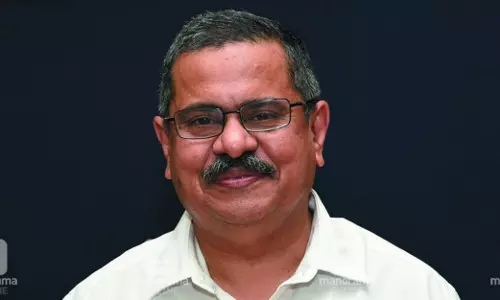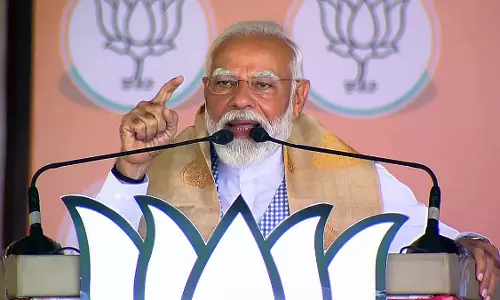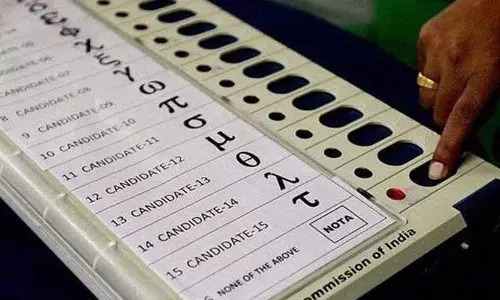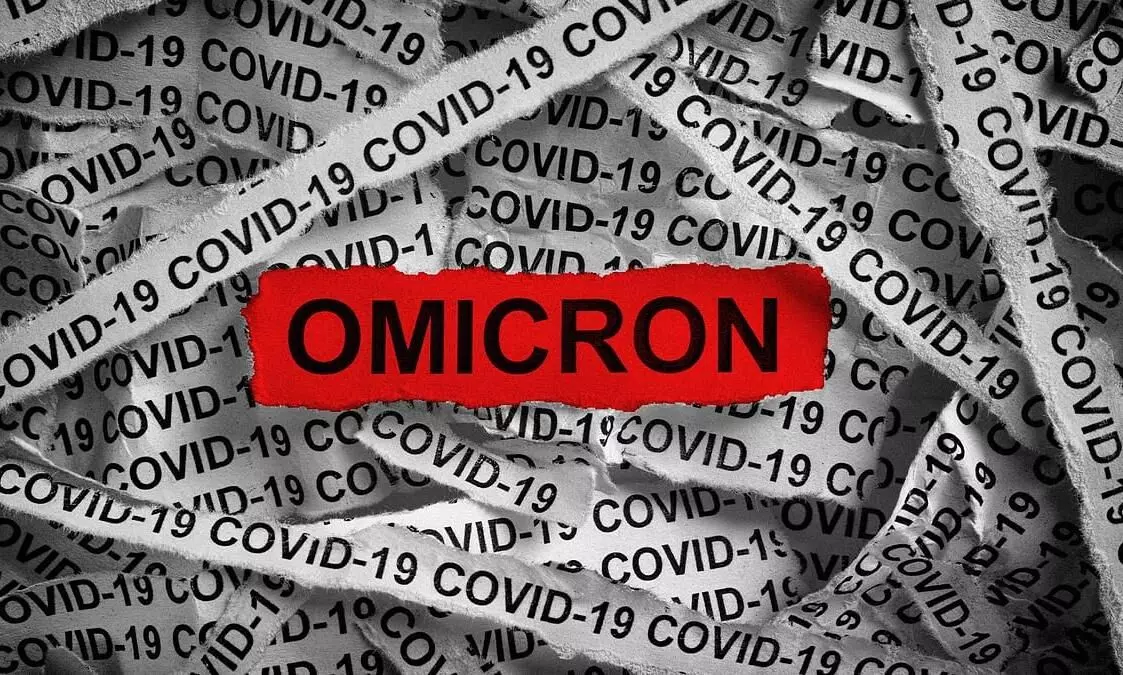
Omicron: Top four cities under NCBS surveillance
text_fieldsNational Center for Biological Sciences (NCBS) team continually monitors the situation in four Indian cities - Bengaluru, Hyderabad, New Delhi, and Pune - following the confirmation of the first two cases of the Omicron variant on Thursday. In addition, NCBS is part of national laboratories that conduct genomic surveillance.
This consortium, led by the Centre for Cellular and Molecular Biology (CCMB) in Hyderabad, was established four months ago with support from The Rockefeller Foundation's Pandemic Prevention Institute.
On Friday, Dr. Rakesh Mishra at the CCMB stated that the consortium has stepped up its efforts to sequence as many samples as possible in all four cities.The consortium includes the CSIR-Institute of Genomics and Integrative Biology - IGIB in New Delhi, the Pune Knowledge Cluster, the Indian Institute of Science Education and Research (IISER), Pune, and the CSIR-National Chemical Laboratory in Pune.
In response to the Covid-19 pandemic, INSACOG - the Indian SARS-CoV-2 Genomics Consortium - focuses on enhancing genomic surveillance. After the World Health Organization announced Omicron as a Variant of Concern, the consortium intensified its sequencing efforts.
The NCBS in Bengaluru, a member of INSACOG, with Strand Life Sciences and the Bruhat Bengaluru Mahanagara Palike (BBMP), we're able to detect, rapidly sequence, and verify the presence of the omicron variant using an intensified effort.
It is being hoped that this will aid in a rapid response to contain the spread of concern variants. Prof Satyajit Mayor, from the NCBS, immediately informed local and national authorities, and on December 2, the Indian government issued a statement.
NCBS said both SARS-CoV-2 genomes were submitted to GISAID, the global repository for SARS-CoV-2 sequences, so they can be made publicly available to scientists.
























